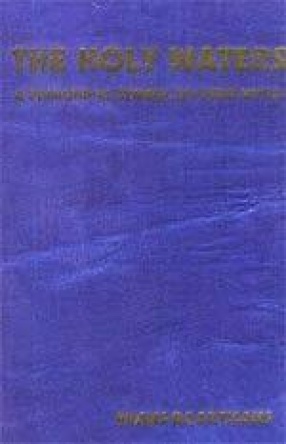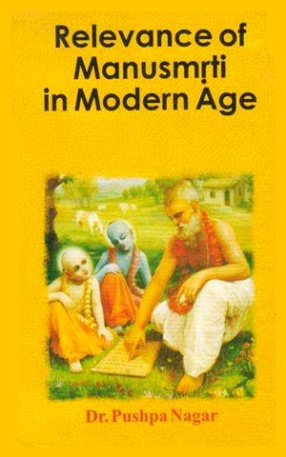How can we be indifferent to our surroundings? Embedded in us lies an awareness of the sacred. It is expressed through myths and symbols by an attitude of harmonious oneness with the world. Such myths and symbols show the reality of a single cosmic manifestation. They also suggest a common core of humanity, untrammelled by any difference of race, religion or culture. That may be an encouraging thouht. We, in our modern technological times, still remain trapped in discrimination of various kinds. Awareness of the sacred presents us with the gift and the challenge of myths and symbols of liberation, unity, harmony, and peace. The symbol of the Sacred Waters in the Vedic and later Hindu tradition in India is singularly attractive. It invites people from all over the world to India’s holy waters. The author brings together 250 :happenings of the Sacred Waters†in a chain of symbolism. It links diverse aspects of the universe with our daily experiences, our human condition. Typical of the Vedic and Hindu tradition is that we, human beings, should not claim an undeserved position of importance on the earth. We are her inhabitants, but that only as guests. The author explores our willingness to acknowledge mythical thinking as an original constituent of our person. The author finds that we are called upon to evolve in ourselves the myths and symbols of the sacred. They are there. While undergoing revolutionary changes, our perception of the universe cannot avoid commitment to the maintenance or restoration of the loss of its integrity and harmony. A tree, a river, a bird, a mountain, the atmosphere and one’s chosen deity are as much part of the universe as we are. What then do the myths and symbols of the sacred tell us human beings? An Indian myth calls us “the protectors of the worldâ€.
The Holy Waters: A Primordial Symbol in Hindu Myths
In stock
Free & Quick Delivery Worldwide
reviews
Bibliographic information
Title
The Holy Waters: A Primordial Symbol in Hindu Myths
Author
Edition
2nd ed.
Publisher
ISBN
8176461512
Length
xvi+363p., Plates; Bibliography; Index; 24cm.
Subjects




There are no reviews yet.